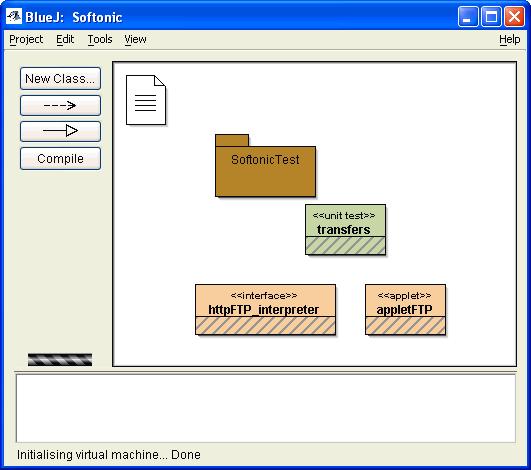

It has no effect on default behavior nor when. property is set. This new system property is disabled by default. Users can set this flag in one of two ways:

Therefore, a new Oracle JDK 8 Updates only system property, - ., is made available to fall back to legacy Base64 encoded format. Oracle JDK 8u221 using the legacy encoder returns encoded data in a format without or . The Santuario team has adopted a position of keeping their libraries compliant with RFC 2045. This behavioral change was made in the Apache Santuario codebase to comply with RFC 2045. This upgrade introduced an issue where XML signature using Base64 encoding resulted in appending or to the encoded output. Oracle JDK 8u231 upgraded the Apache Santuario libraries to v2.1.3. ➜ New Oracle Specific JDK 8 Updates System Property to Fallback to Legacy Base64 Encoding Format This API change was required by JSR 337 MR 3. New methods have been added to the classes SSLEngine, SSLSocket, and SSLParameters to allow clients and servers to negotiate an application layer value as part of the TLS handshake.

JEP 244 has enhanced the Java Secure Socket Extension (JSSE) to provide support for the TLS Application-Layer Protocol Negotiation (ALPN) Extension (RFC 7301). ➜ TLS Application-Layer Protocol Negotiation Extension For more information, see 23.1.2 JRE Expiration Date in the Java Platform, Standard Edition Deployment Guide. After either condition is met (new release becoming available or expiration date reached), the JRE will provide additional warnings and reminders to users to update to the newer version. Java SE Subscription customers managing JRE updates/installs for large number of desktops should consider using Java Advanced Management Console (AMC).įor systems unable to reach the Oracle Servers, a secondary mechanism expires this JRE (version 8u251) on August 14, 2020. It is not recommended that this JDK (version 8u251) be used after the next critical patch update scheduled for July 14, 2020.

In order to determine if a release is the latest, the Security Baseline page can be used to determine which is the latest version for each release family.Ĭritical patch updates, which contain security vulnerability fixes, are announced one year in advance on Critical Patch Updates, Security Alerts and Bulletins. Oracle recommends that the JDK is updated with each Critical Patch Update (CPU). JRE Security Baseline (Full Version String)


 0 kommentar(er)
0 kommentar(er)
